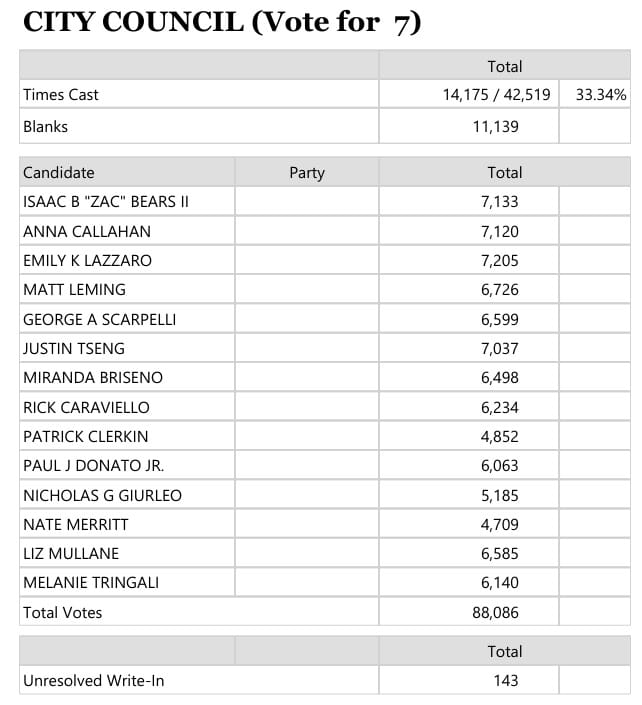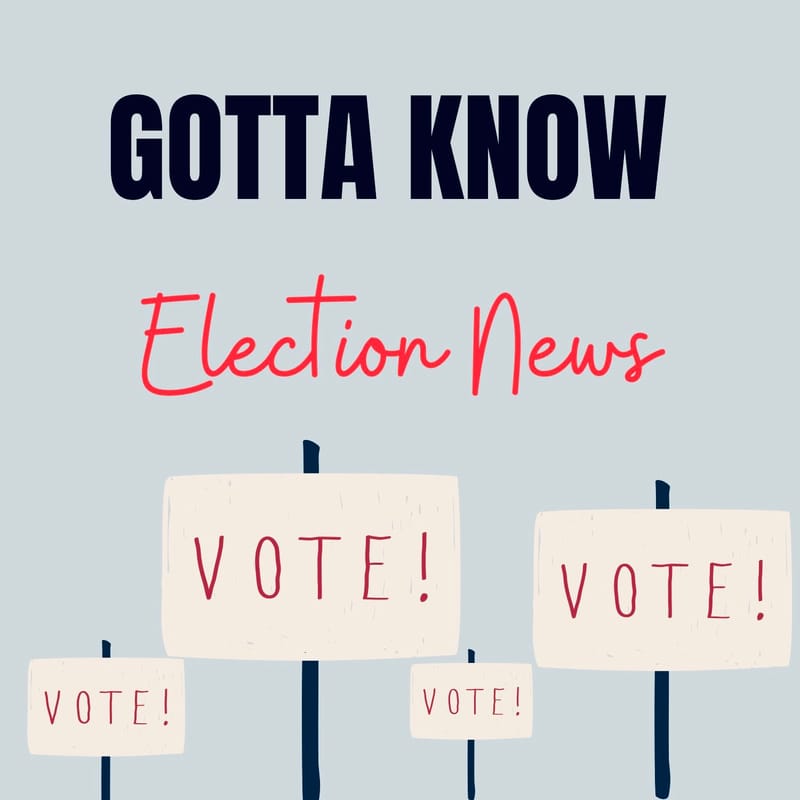Meet City Council Candidate Milva McDonald

How many years have you lived in Medford?
32
Please describe your professional background and education.
I earned my B.A. from Northeastern University in 1984 and worked for 30 years at The Boston Globe reporting on arts and events for the Calendar section, regional sections, and Boston.com. I currently work for a niche publicist promoting jazz musicians, and tutor high school students in literature and writing.
What, if any, city positions (appointed or elected) have you held, and for how long?
In late 2022, I was appointed chair of the Medford Charter Study Committee. Over two years, our committee conducted a comprehensive review of Medford’s outdated City Charter and submitted a final report to the mayor in fall of 2024. The mayor and City Council sent a home rule petition to the state legislature shortly thereafter. The new charter is projected to be on this November’s ballot, which means that for the first time in 40 years, residents will have a chance to vote on a new charter for the city.
What volunteer roles have you participated in that you feel have made a difference in Medford?
Chairing the Medford Charter Study Committee is the biggest. The process involved learning about city governments around the state, and perhaps most importantly, connecting with residents. Our committee did extensive outreach. Meeting and talking with folks about the city’s governmental structure, values, representation, and more was rewarding and important. I’ve also had the pleasure in the past of volunteering for Safe Medford, Mothers Out Front, and Arts Collaborative Medford, among others.
Why should residents vote for you?
I’m a hard worker. I inherited my work ethic from my mom, a working-class Italian immigrant who was the hardest worker I’ve ever known. I really like to get things done. The charter is a good example. In 2021, I decided I’d been hearing about the need for a charter review in Medford for too many years, and it was time to make it happen. There were obstacles and roadblocks initially, but in addition to being a hard worker, I’m determined, and I don’t give up easily. I tend to think there’s usually a creative approach, workaround, or compromise that can help solve dilemmas. I love to learn and I’m an enthusiastic researcher on any issue. I love people and I really like helping them. I’m a good listener. I’m responsive. I believe in productivity, efficiency, competency, and respectful dialogue. I’m passionate about the city we call home.
What do you believe are the top 3 issues currently facing the city of Medford? How do you specifically plan to address those issues?
1. Building revenue streams – Medford has a lot of potential to increase revenue streams by bringing in more commercial development. Carefully considered rezoning will play an important role in this process. Small, locally owned businesses are good for the community, and they need to be supported and welcomed with incentives, streamlined permitting, grant and/or loan programs, and innovative approaches. We also need to identify and pursue state aid and grants, review our fee structures and contracts, and fight for a better PILOT agreement with Tufts.
2. Affordability – We need housing, and we need more housing that’s affordable for low- and moderate-income people. We have to investigate and implement ways to fund the Affordable Housing Trust, including linkage fees, or cash payments by developers in lieu of building affordable units, as well as working with the trust’s board to implement aspects of their action plan. To ease the burden on taxpayers and renters, we should explore a residential exemption for owner-occupied homes, as well as look further at the good landlord tax credit.
3. Transportation and traffic – How people get around in Medford affects all of us. To keep roads and walkways safe for all, we need to identify and address problem areas and intersections. This includes infrastructure repairs and improvements and traffic calming measures. We should continue to support wayfinding, which helps make our city more walkable and navigable. We should push for an MBTA route review of our bus lines.
Transparency and communication are vital in representative government. What steps will you or have you taken to keep your constituents informed about local decisions and to explain your voting rationale?
Keep publishing the City Council newsletter and build a mailing list for it. Continue to write blog posts on my website. For major impact issues like citywide zoning, the council should work together to create a communication plan, possibly requesting coverage in city newsletters, mailings, and robocalls; tapping into the city’s translation services to get materials out in other languages; and holding special public informational sessions. Post agendas, meeting materials, and meeting minutes promptly, and make sure they are easy to locate and access.
What specific methods will you use to gather and represent your constituents’ perspectives on issues that come before the City Council?
I will hold regular office hours. I will be timely and efficient about answering phone calls and emails. I will make every effort to respond to questions and concerns from constituents by researching possible solutions and bringing them to the full council if appropriate. Nurturing resources for future problem solving is important, so I will meet with the mayor, department heads, and our state delegation to establish relationships. I will attend community events as often as possible.
The past two years, the City Council has been updating the zoning across the city. Many residents feel the process has been too quick and has covered too much at once. What are your thoughts on that? If elected, how would you approach zoning?
A zoning overhaul is very much needed, and with visionary documents like the Comprehensive Plan and Housing Production Plan, and 18 months of engagement with an outside consultant, a lot of work has been done. We need to continue to let people know about the plan and its specifics. Residents, who know their neighborhoods best, can provide focused, specific feedback. The Community Development Board is working hard to respond to the proposals and amendments, and they need the time and space to complete that task. I support addressing squares and corridors first before moving on to the residential piece.
If elected, I would pay close attention to specific feedback from residents, the Planning Department, and the Community Development Board, and aim to pass zoning proposals incrementally. I support overlays in mixed use areas to incentivize affordable units, small business development, environmental standards/green space, and the arts. For residential zoning, I favor incentivizing historic conversion and de-incentivizing teardowns. An important part of the process will be staying in close communication with the Planning Department once zoning is passed to assess outcomes.
There have been City Council meetings that have gone past midnight. Do you really think these marathon meetings are serving the public? Should there be a time cap on meetings for everyone’s sake?
Yes. Four to six hour meetings are not reasonable and not always productive, so streamlining meetings is important. The council should follow its own rules about maximum speaking time for members, do everything possible to start meetings on time, carefully plan agendas, and revisit weekly meetings.




